“A Cultural Energy Fund for Driving Transitions.”
Who are you — and what’s happening at your lab?
Green Kommon is a multidisciplinary team based in Seine-Saint-Denis, bringing together cultural workers, energy experts, and community facilitators. Coordinated by La Main Foncièrement Culturelle and Plaine Énergie Citoyenne, and supported by the Pot Kommon network, the lab is focused on piloting solar plants, organising self-consumption energy loops, and building a Cultural Energy Fund. Culture is the spark — energy democracy is the goal.
What kind of local story are you part of?
Seine-Saint-Denis is dense, diverse, and marked by inequality and energy poverty. Legal tools for collective self-consumption exist in France, but implementation is tricky. Rooftops are underused, energy literacy is low, and housing systems are complex — but cultural venues offer a powerful entry point for change.
What do you hope to achieve through Co-PED?
We want to create inclusive governance models for urban energy communities rooted in cultural spaces. Our goal is to test tools for citizen financing, rooftop mapping, and long-term deployment — and to share them openly across Europe. Co-PED gives us the chance to scale impact, connect with peers, and shift policy from the ground up.
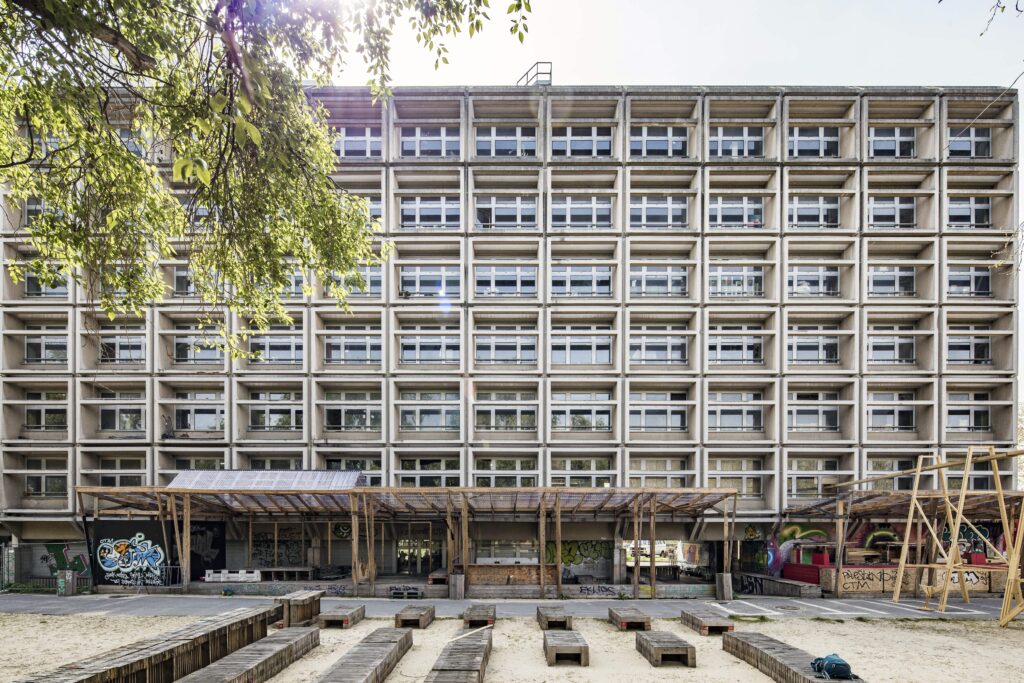
How will you make it happen?
We’ll pilot solar energy loops through rooftop installations, citizen governance, and cultural programming. A travelling solar kit will help test new venues, and we’ll co-design digital and physical tools for mapping, mobilising, and decision-making. Workshops, peer training, and artistic activations will support long-term community engagement.
Who are your allies in all this?
We collaborate with around twenty cultural venues including members of the Pot Kommon network like 6b, Mains d’Œuvres, and Villa Mais d’Ici. We also work with local authorities, social housing operators, solar cooperatives like Solarcoop, and national institutions such as ADEME and Banque des Territoires. Cultural networks like Trans Europe Halles help amplify our reach.
What kind of change do you want to see?
We want to show that cultural venues can drive inclusive energy transition. That means new solar systems, trained local actors, and a model for self-consumption that’s democratic, affordable, and replicable. It also means more energy literacy and citizen involvement, especially in communities that have been left behind.
And finally — your motto for Co-PED?
“A Cultural Energy Fund for Driving Transitions.”
sharing is caring! share this with others:
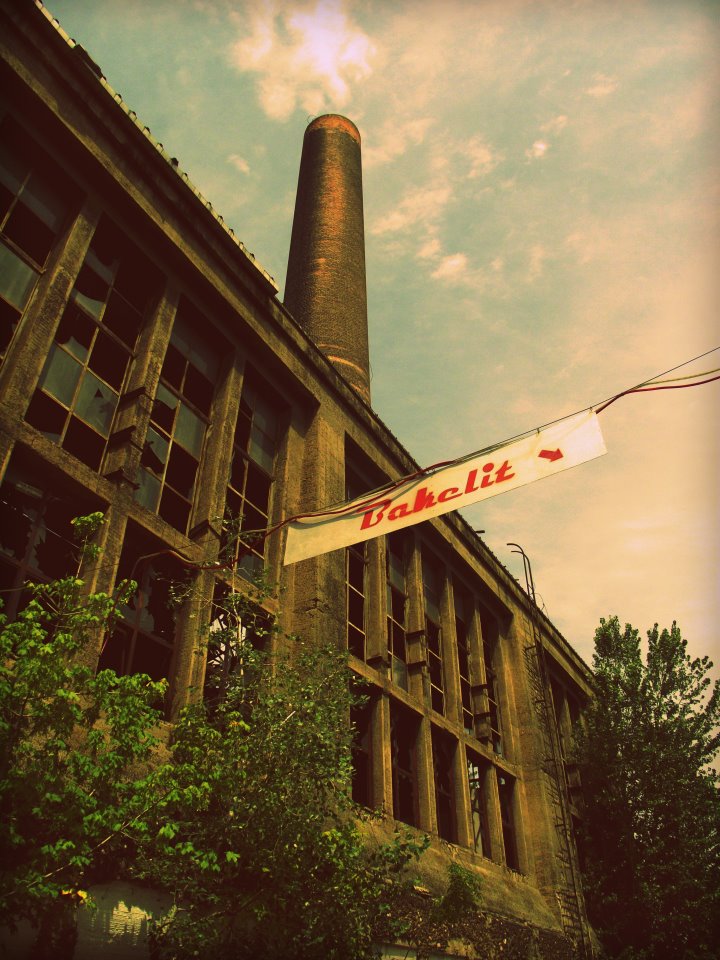
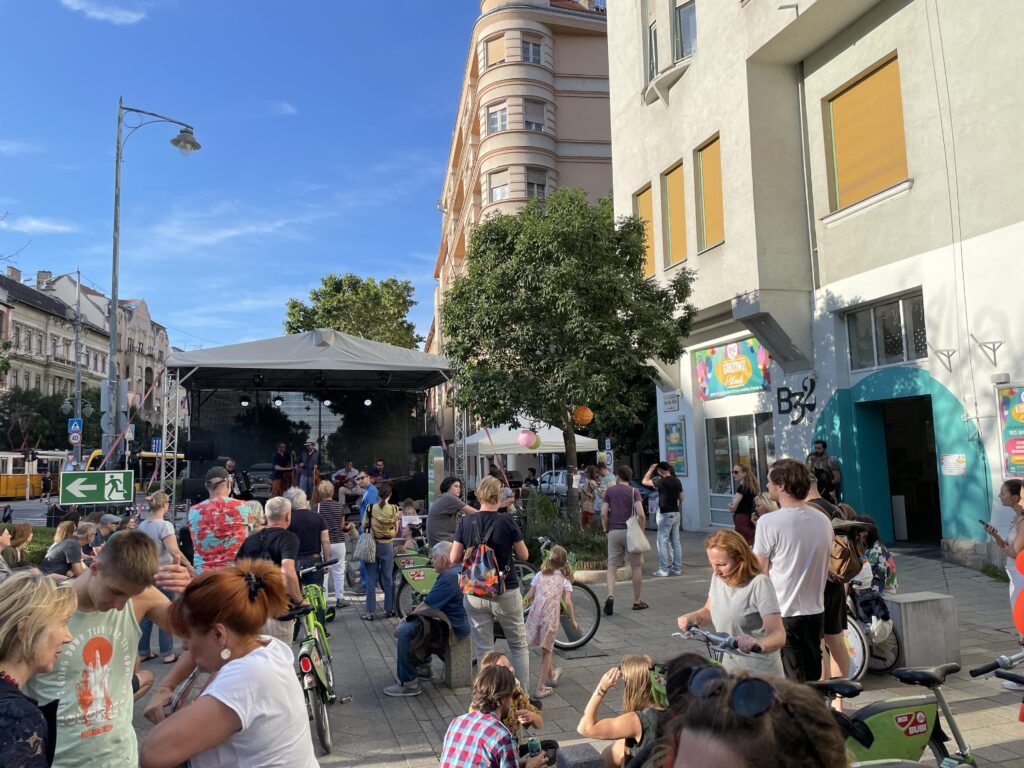
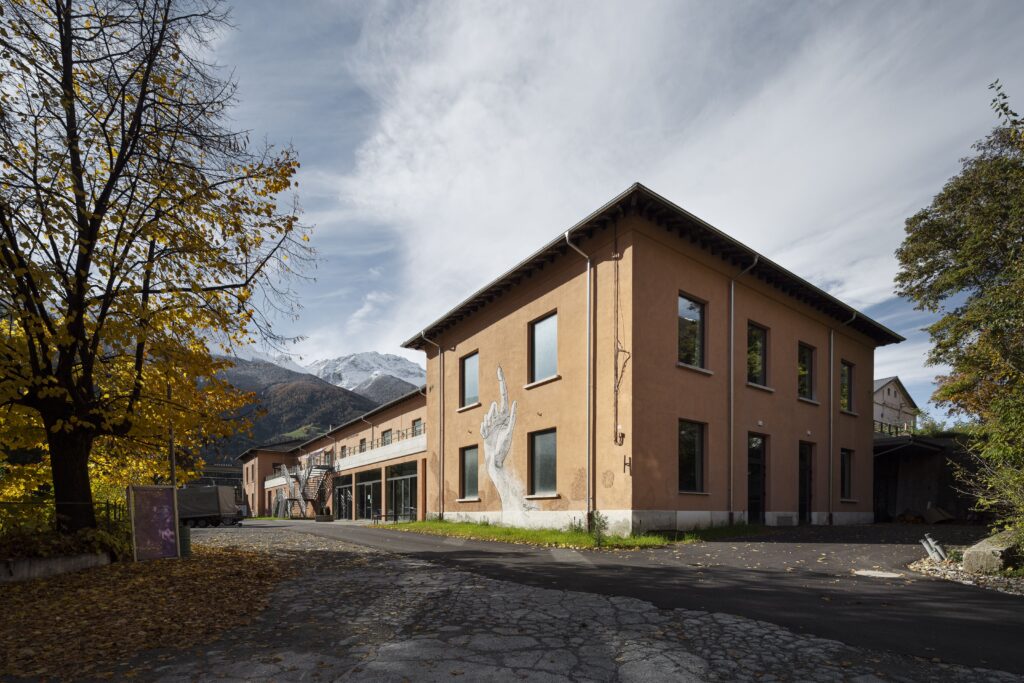
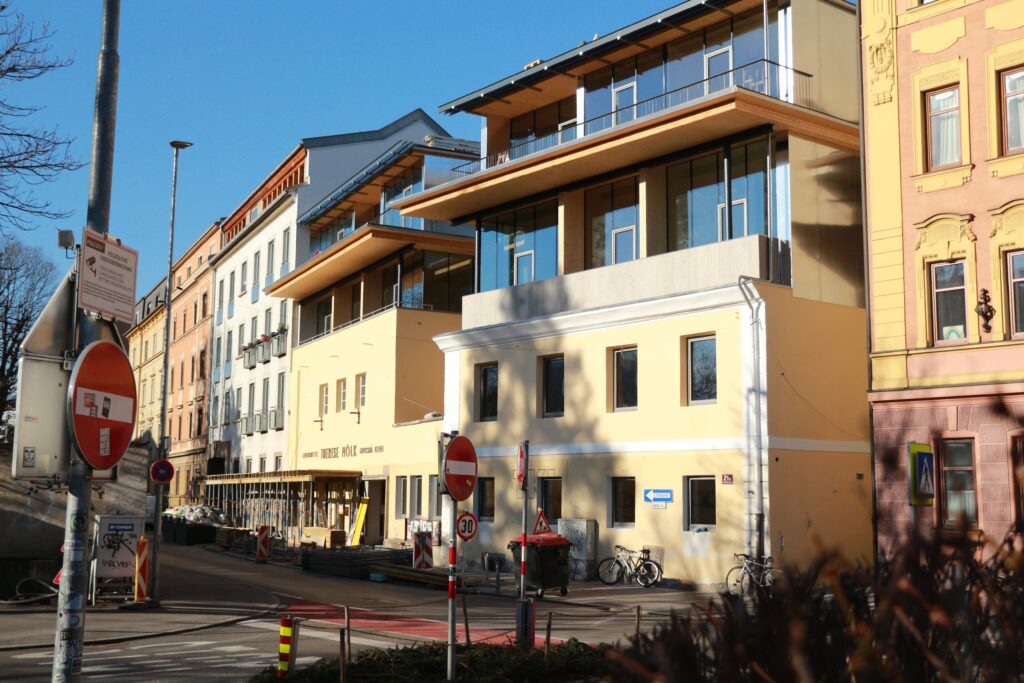
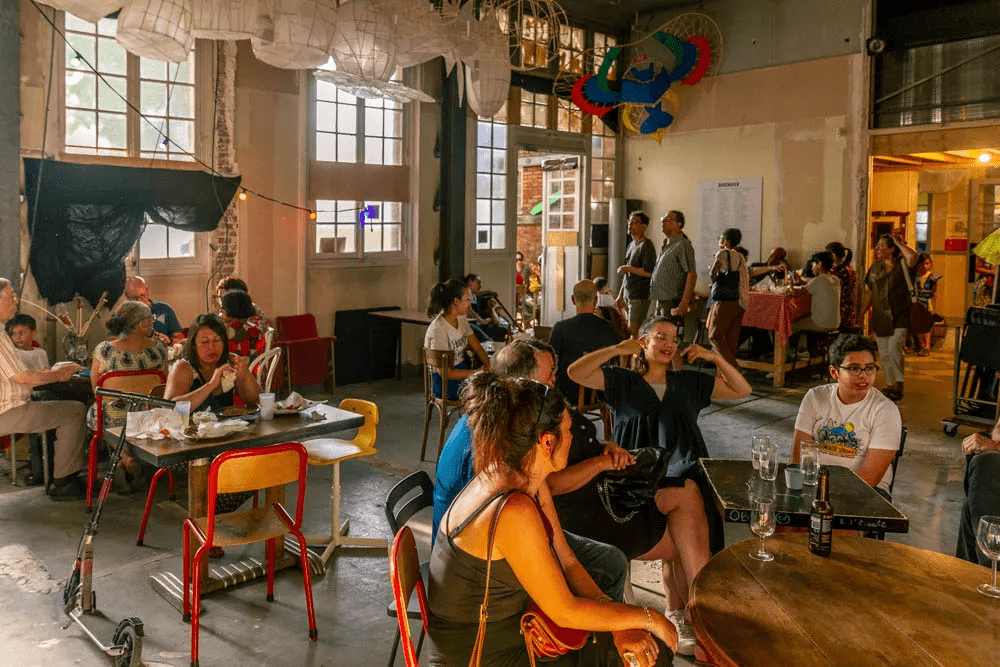
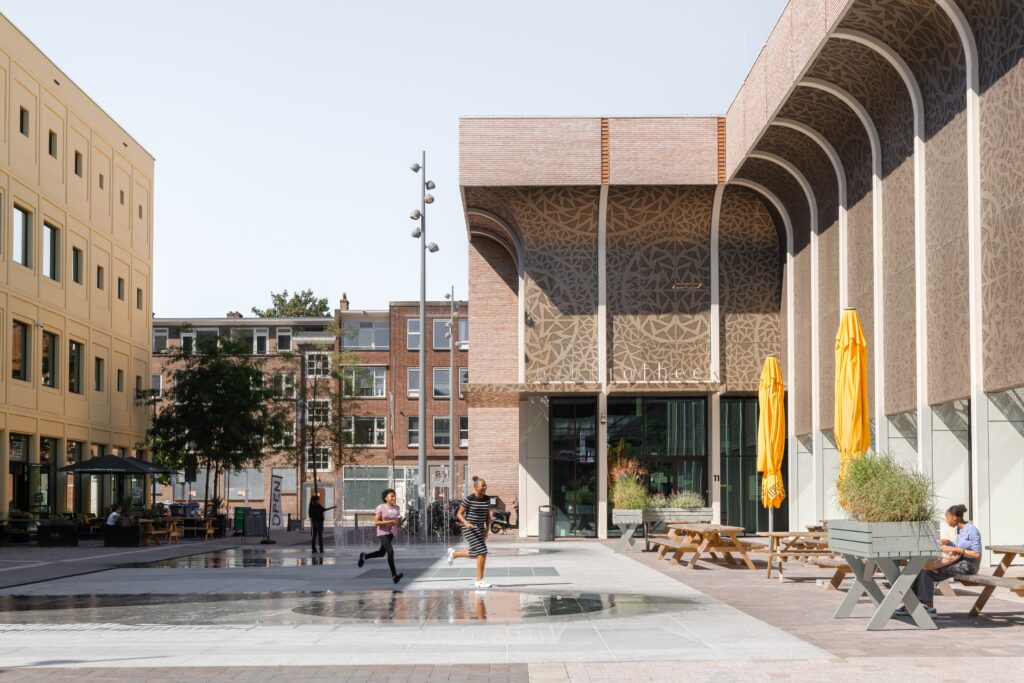
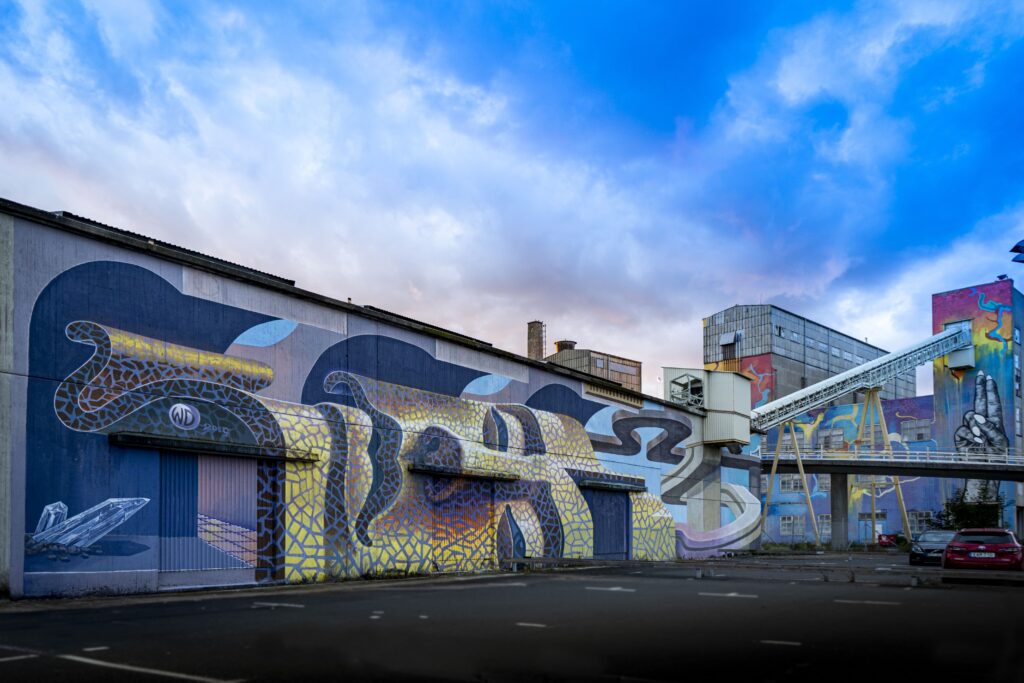
Co-PED investigates the potential of social and cultural centers as catalysts for positive energy districts, nurturing a just energy transition that includes local communities.
Co-PED aims to promote inclusive and equitable participation in energy and cultural initiatives, positioning community-led cultural spaces as laboratories for just and equitable Positive Energy Districts. Our Gender, Diversity and Inclusion Policy sets out the principles behind this commitment.
Transfer and dissemination formats tailored to various stakeholder groups including policy roundtables.
Community of practice, supporting the practical implementation of the project outcomes.
Policy Briefs at the intersection of cultural, real estate, urban development, and energy policies.
Strategic Guidelines for municipalities on the implementation of energy communities.
Capacity Building and Training Program for policymakers and civil society, promoting energy justice.
Structuring Study for a European cooperative company, including articles of association and relevant legislation.